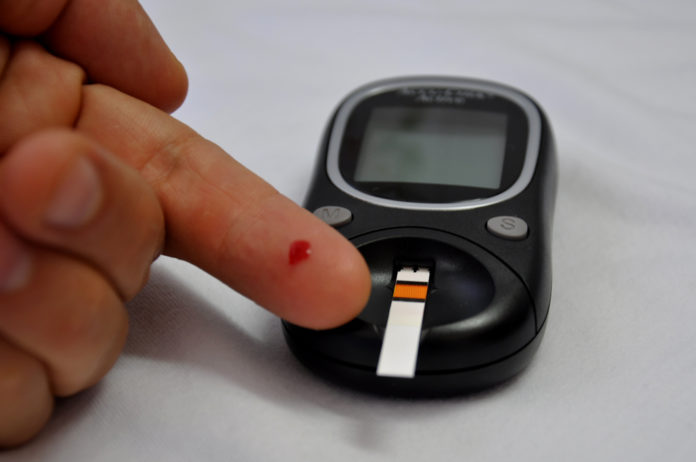
Scientists have found stimulation of some areas of the brain can lead to better blood sugar control
Electric stimulation of the brain can regulate the metabolism of blood sugar (or glucose) and increase insulin sensitivity. The results of a new study in a small patient group hold promise for future diabetes therapy.
The results also provide the first direct evidence that chemical signaling in the striatal region of the brain is critical for glucose regulation. This could lead to innovative therapies for type 2 diabetes, which affects more than 30 million Americans and some 69 million Indians.
Diabetic patients have elevated levels of blood glucose due to decreased sensitivity to the hormone insulin, leading to a higher risk of heart disease, stroke.
DIABETIC PATIENTS HAVE ELEVATED LEVELS OF BLOOD GLUCOSE DUE TO DECREASED SENSITIVITY TO THE HORMONE INSULIN, LEADING TO A HIGHER RISK OF HEART DISEASE, STROKE, AND OTHER SERIOUS COMPLICATIONS. ANIMAL STUDIES HAVE SHOWN THAT SIGNALING OF THE NEUROTRANSMITTER DOPAMINE IN THE STRIATAL REGION OF THE BRAIN REGULATES GLUCOSE METABOLISM, BUT DIRECT EVIDENCE IN HUMANS IS LACKING.
Here, Kasper ter Horst and colleagues performed several experiments using a powerful technique known as deep brain stimulation (DBS), which delivers electric impulses to brain cells and has emerged as a safe and effective treatment for pharmacoresistant obsessive-compulsive disorder (OCD).
The authors performed DBS on one obese patient with type 2 diabetes and 14 nondiabetic OCD patients and monitored their blood glucose concentrations.
They found that based on changes in blood glucose levels, DBS treatment increased insulin sensitivity in both patient groups and strongly reduced insulin requirements in the diabetic patient.
Reducing systemic dopamine (a chemical that helps in impulse transmission in the nervous system) levels with drugs generated the opposite response, decreasing insulin sensitivity in a separate group of 10 healthy individuals.
Furthermore, boosting the activation of neurons that have dopamine receptors increased glucose tolerance and insulin sensitivity in mice. The authors say DBS represents a promising therapeutic tool for tackling the metabolic underpinnings of diabetes, obesity, and other disorders that feature decreased insulin sensitivity.











